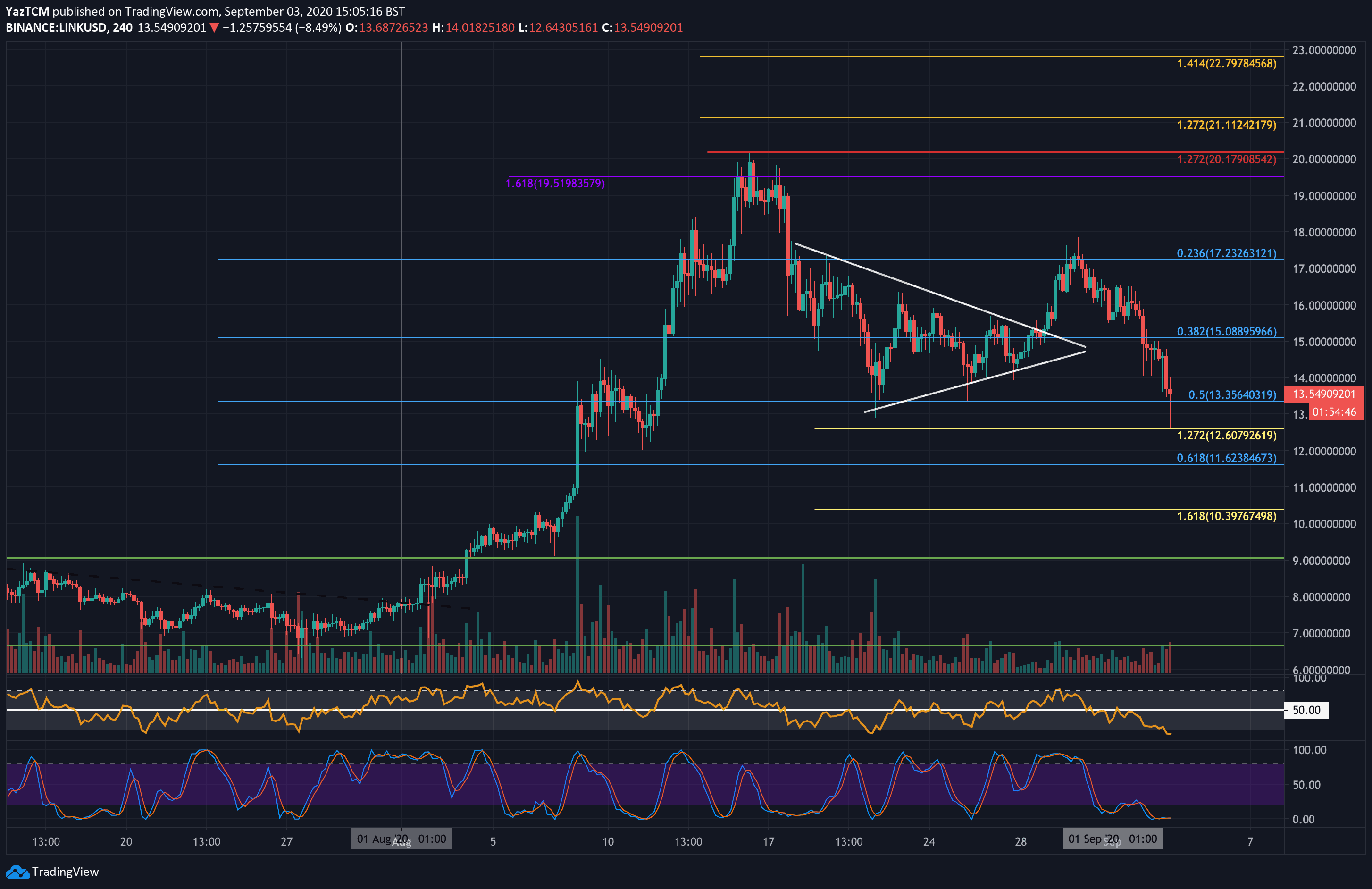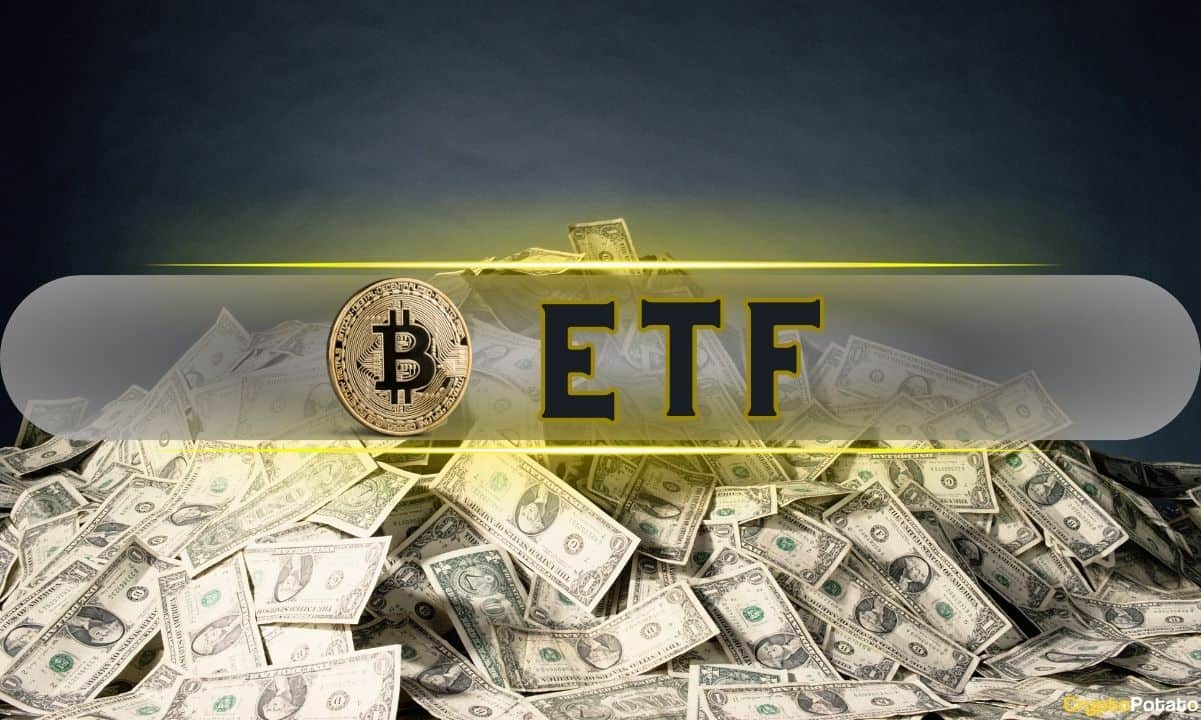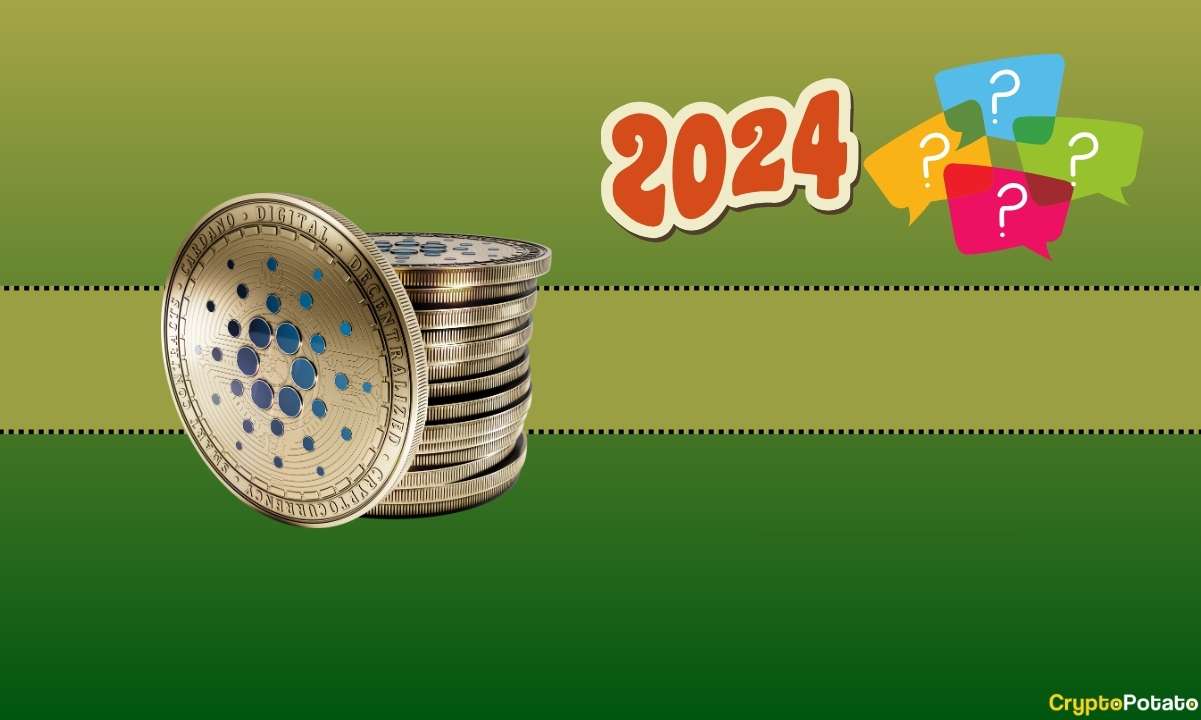Fed Views Stablecoins as a Financial Instablity, Urges Regulators to Step in
The Federal Reserve published the latest “Monetary Policy Report” on Friday, categorizing the stablecoin industry – particularly the algorithmic stablecoins – as a risk of financial instability. Meanwhile, it expressed concern regarding the concentration of fiat-backed stablecoins on Tether’s USDT and Binance’s BUSD.
Fed’s Latest Take on Stablecoins
Given the rapidly growing digital asset markets, the Fed highlighted the “structural fragilities” in the sector as embodied by “the collapse in the value of certain stablecoins” in the Monetary Policy Report submitted to Congress.
Though without directly naming the algorithmic stablecoin – UST – that dragged the broader market to plunge in May, the Fed hinted at the project as an indicator of floating fragility within the industry. However, fiat-backed stablecoins – with a much higher degree of concentration and capitalization – are more concerning to the Central Bank.
Considering that USDT, USDC, and BUSD have accounted for the overwhelming majority of the stablecoin market cap, the Fed outlined a lack of transparency regarding the underlying assets that back them as well as the fundamental risk involved that may exacerbate the vulnerability of the asset meant to be pegged 1:1 to USD.
“Stablecoins that are not backed by safe and sufficiently liquid assets and are not subject to appropriate regulatory standards create risks to investors and potentially to the fi nancial system, including susceptibility to potentially destabilizing runs.”
The President’s Working Group – a joint effort involving the Federal Reserve, the Securities and Exchange Commission, and the Commodity Futures Trading Commission – previously shared a similar concern, arguing for limiting stablecoin issuance to insured depository institutions. By imposing a clear criterion on which institutions are eligible to issue stablecoins, the agency believed such a move could mitigate the risk of this type of asset.
In addition, the Fed recommended a clear set of regulations on using stablecoins for leverage trading:
“The increasing use of stablecoins to meet margin requirements for levered trading in other cryptocurrencies may amplify volatility in demand for stablecoins and heighten redemption risks.”
US Government Agencies on Stablecoins
Stablecoins have increasingly caught the attention of government officials and regulators in recent weeks due to the spectacular collapse of Terra’s UST. Following such a debacle, SEC Commissioner Hester Peirce voiced the urgency in terms of regulating these assets through a “trial and error” approach:
“There are different potential options for approaching stablecoins…and with experimentation, we need to allow room for there to be failure.”
US Secretary of the Treasury Janet Yellen previously said stablecoins are not properly supervised in the States, recommending that lawmakers must “act quickly” to establish a regulatory framework for the asset.









